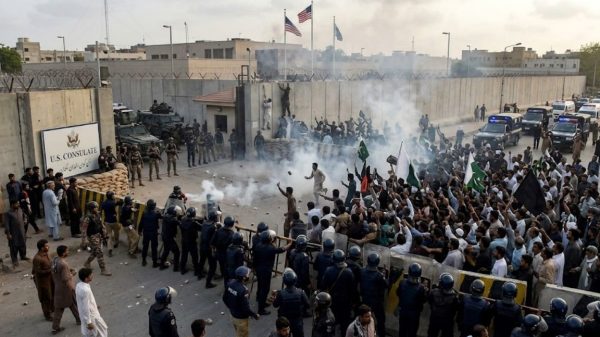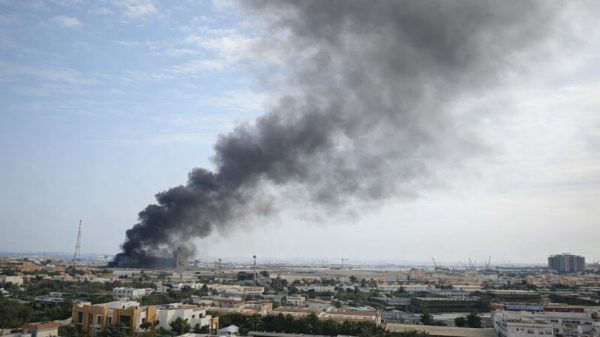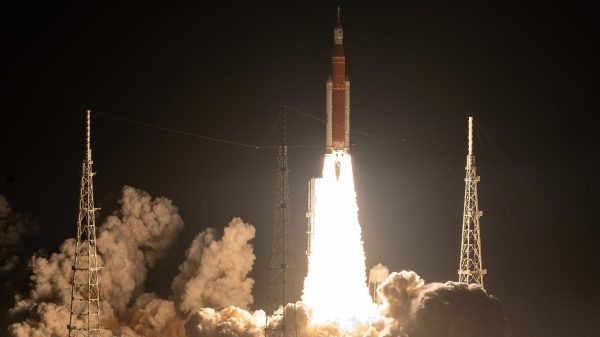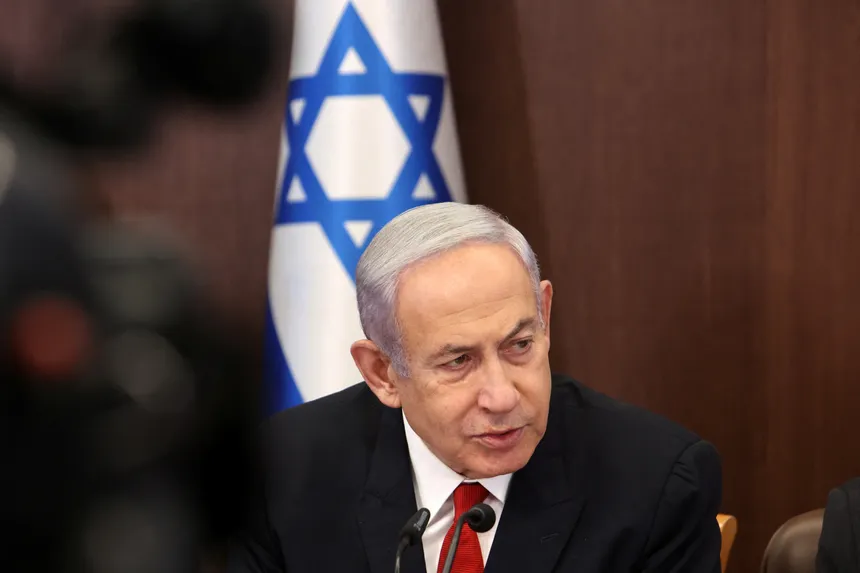The recent developments in Israel’s judicial system have sparked a constitutional crisis, with Prime Minister Benjamin Netanyahu’s government pushing for a parliamentary vote on a law that would give the governing coalition the final say over all judicial appointments. The plan has been met with widespread opposition and turmoil in the military, with even Defense Minister Yoav Gallant, a senior member of Netanyahu’s Likud party, calling for the legislation to be frozen. The controversy has also prompted the Movement for Quality Government in Israel to ask the country’s supreme court to punish Netanyahu for allegedly violating a conflict of interest agreement.
The plan to overhaul the judicial system has been heavily criticized, with opponents warning that it would upend Israel’s fragile system of checks and balances and push the country down a path towards autocracy. The overhaul would give the government control over who becomes a judge and limit judicial review over government decisions and legislation. Critics claim that the plan would allow Netanyahu to seek an escape route from the charges he faces in court and that it would undermine the independence of the judiciary.
Netanyahu has responded to the criticism by claiming that the appeal to the Supreme Court should be dismissed and that the court does not have grounds to intervene. However, the attorney general has previously barred Netanyahu from dealing with the government’s plan to overhaul the judiciary due to a conflict of interest agreement, and has warned Netanyahu that he is breaking this agreement by entering the fray.
The attorney general could launch an investigation into whether Netanyahu violated the conflict of interest agreement, which could lead to additional charges against him. However, the uncertainty of the events makes it unclear how they are likely to unfold. The Supreme Court’s treatment of the request to sanction Netanyahu is also unclear, adding to the uncertainty of the events.
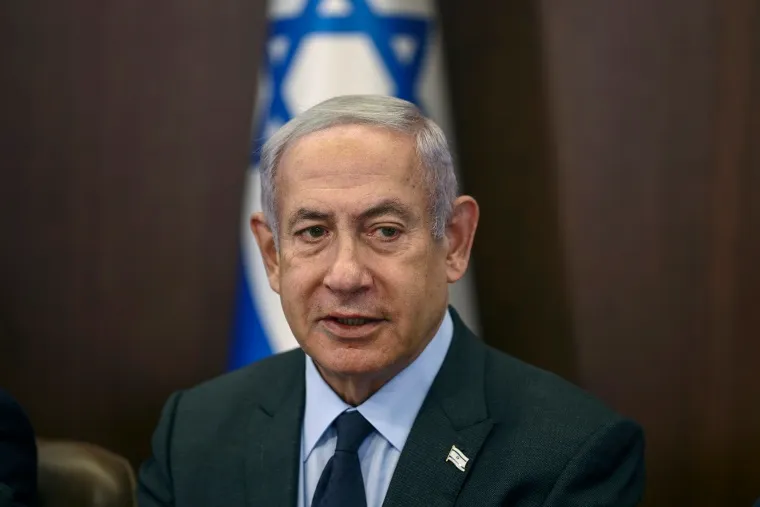
Prime Minister Benjamin Netanyahu (Via Benjamin Netanyahu/Twitter)
The controversy has heightened tensions in Israel, with Netanyahu’s government pushing ahead with the overhaul despite opposition from tens of thousands of protesters and leading allies. The opposition to the plan has been growing, with protests and marches taking place across the country. The controversy has also been met with international attention, with human rights groups and international organizations expressing concerns over the potential impact on Israel’s democratic system.
The crisis has also led to concerns over the impact on the military, with Defense Minister Gallant warning that the turmoil in the military ranks poses a threat to national security. The controversy has also led to concerns over the impact on the economy, with business leaders warning that the plan could undermine economic growth and stability.
The crisis has also sparked concerns over the potential impact on Israel’s international relations, with the US and other countries expressing concerns over the potential implications for Israel’s democracy and human rights record. The controversy has also led to concerns over the potential impact on the Palestinian-Israeli peace process, with Palestinain leaders warning that the plan could undermine the chances of a lasting solution.
The crisis has also prompted calls for greater transparency and accountability, with many calling for the government to reveal the full details of the plan and its potential impact on the country’s judicial system. The crisis has also led to calls for greater public debate and participation, with many calling for citizens to have a greater say in the decision-making process.
The crisis that has unfolded in Israel’s judicial system is a serious and unprecedented threat to the country’s democratic system. The plan to overhaul the judicial system has sparked widespread opposition and turmoil, with many warning that it could undermine the independence of the judiciary and push the country down a path towards autocracy. The crisis has also led to concerns over the potential impact on the military, economy, and international relations, and has prompted calls for greater transparency, accountability, and public participation.

